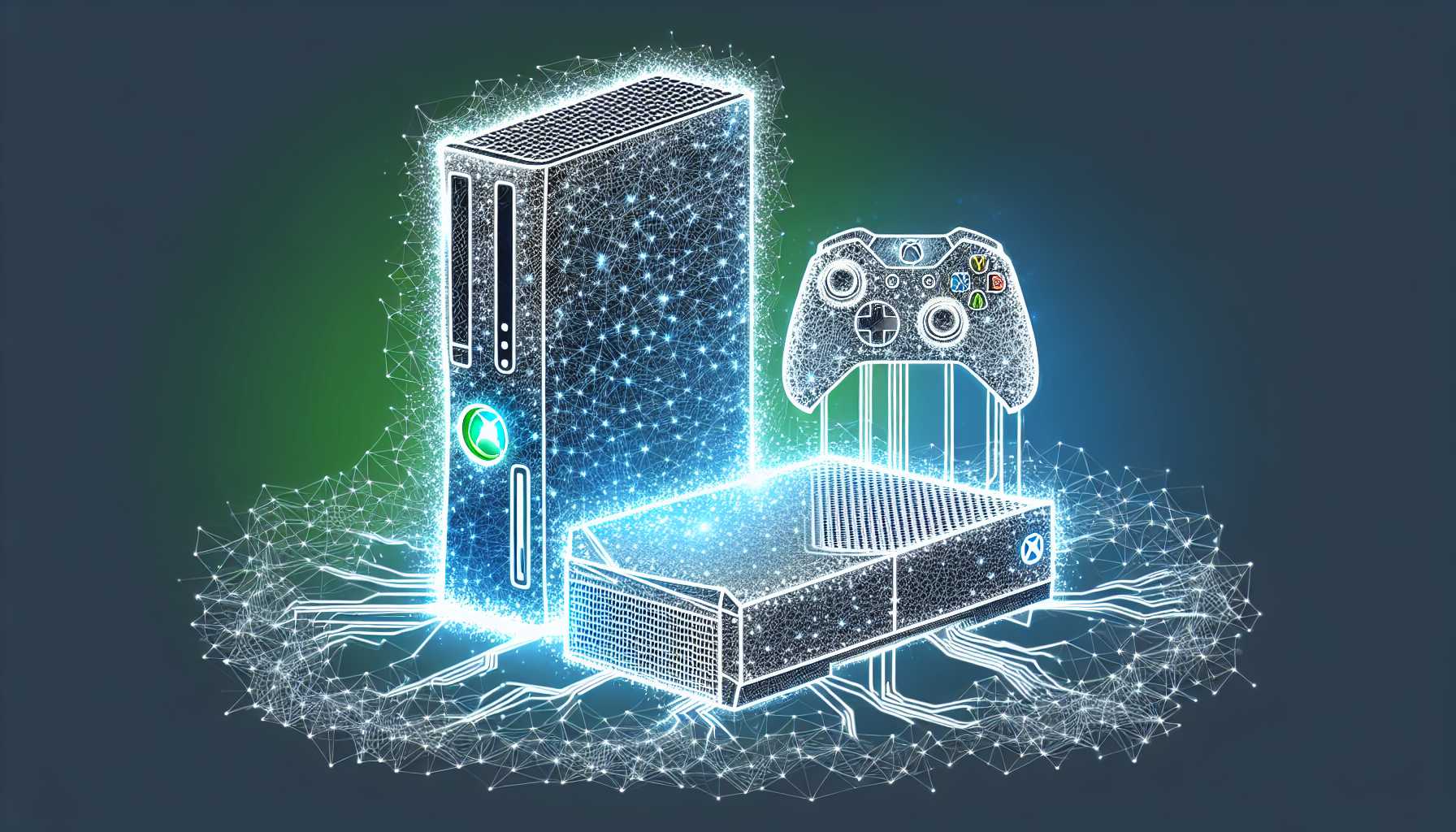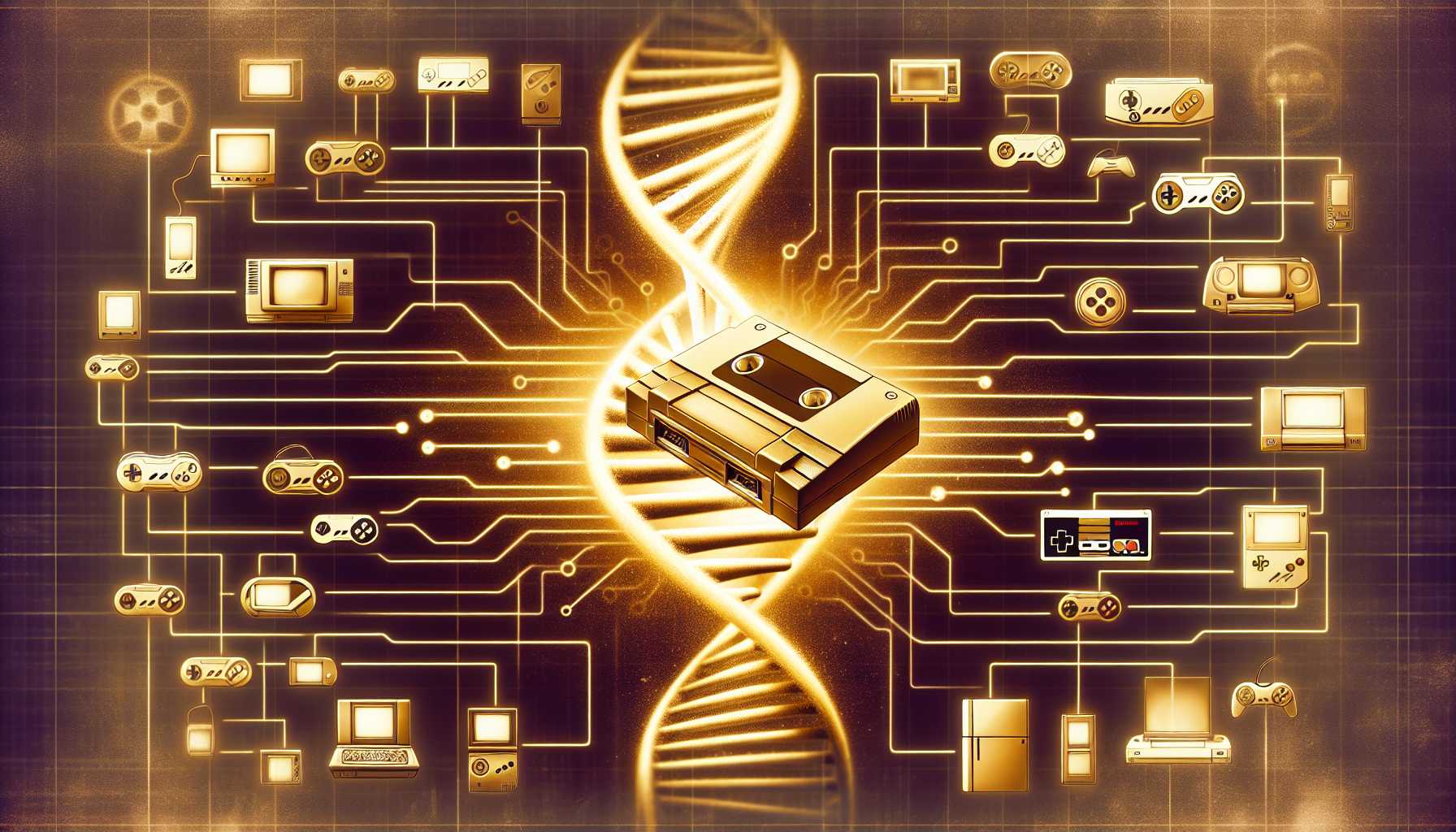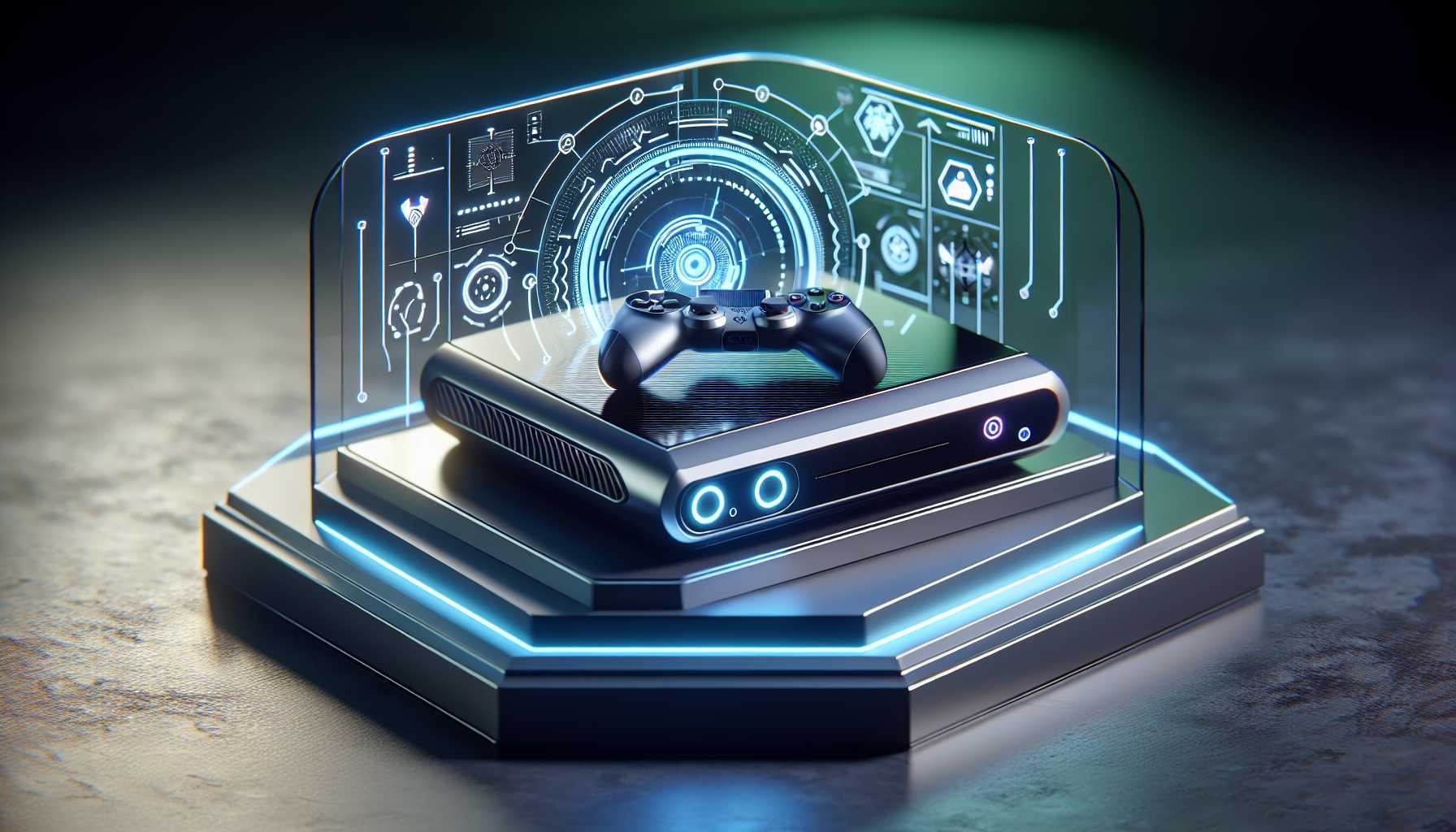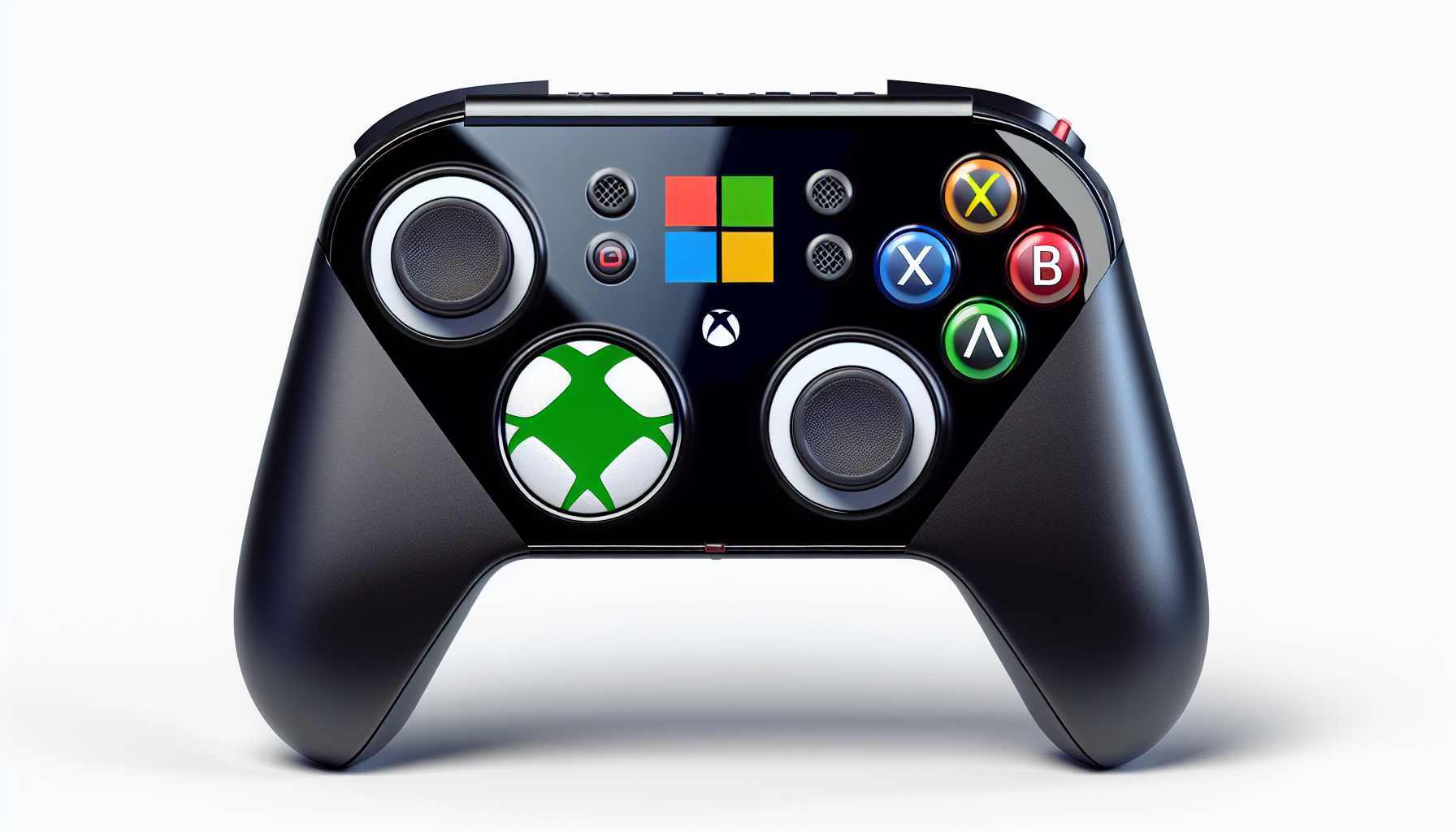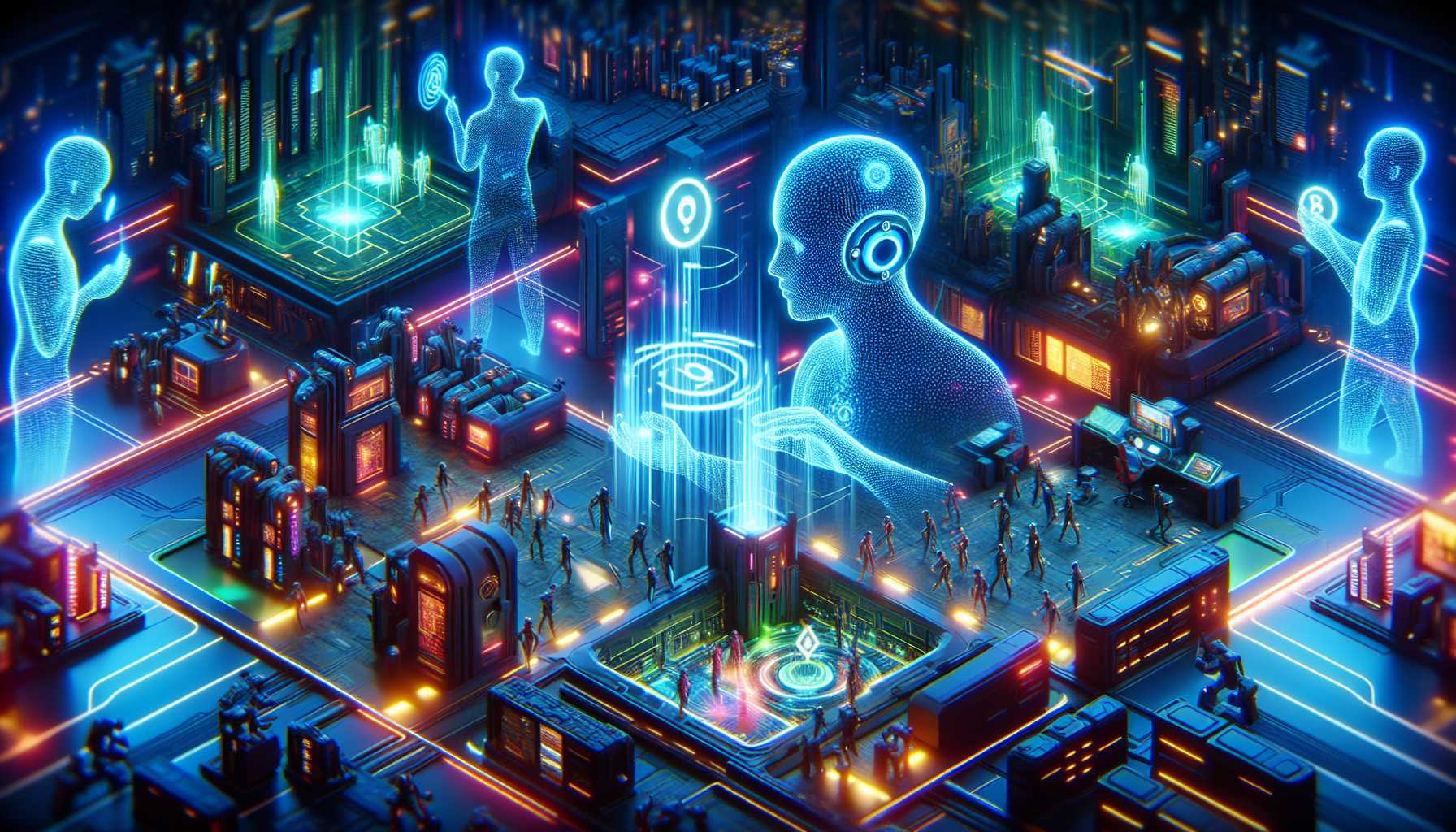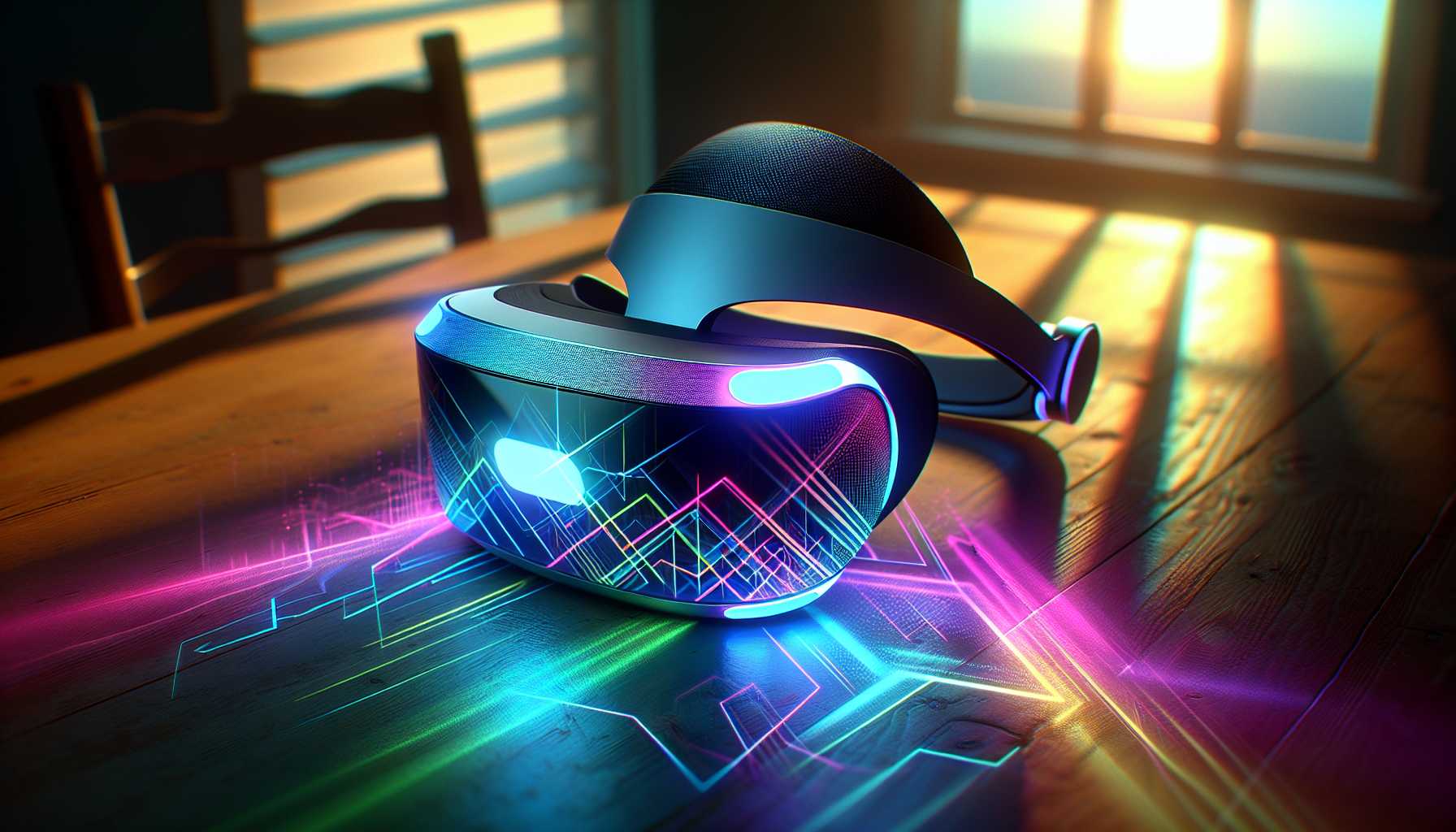The Future of Gaming: Xbox’s Potential Transformation
The landscape of gaming consoles is dramatically shifting, and it looks like Microsoft’s Xbox is at the forefront of this transformation. Rumors are swirling about Microsoft potentially merging the convenience and robust library of the PC gaming experience with their next-generation Xbox console. As a tech enthusiast and someone who’s followed the gaming sector closely, the idea excites me to no end. Let’s dive into what this could mean for gamers and the industry at large.
A New Dawn for Xbox: Bridging the Gap with PC
Change is constant in the tech industry, and nowhere is this more evident than in the gaming sector. Microsoft’s Xbox, once categorized simply as a gaming console, might soon evolve into a hybrid that promises to make the lines between console and PC gaming even blurrier. Phil Spencer, Microsoft Gaming CEO, dropped some tantalizing hints about embracing PC game stores like Epic Games Store and Itch.io, potentially turning the Xbox into an open platform similar to a PC. This fusion could mean a massive leap in convenience, widening game accessibility, and deepening integration between Xbox’s ecosystem and the broader PC gaming community.
Technical Chops and Game Preservation: Key Priorities
The hardware underpinning the future Xbox console needs to be robust enough to support running PC games natively, which suggests a significant leap in technical capabilities. Projects like GameCore, which aim to ease the packaging of games running on both Xbox and PC services, could become instrumental in this evolution. It’s not just about new games, either. The philosophy of forward compatibility and game preservation seems to be etched in Microsoft’s plans, promising that the treasure trove of Xbox legacy content remains playable for generations to come.
Economic Implications and Third-Party Hardware Potential
Welcoming rival PC stores onto the Xbox platform isn’t a move to be taken lightly, considering the economic model of console sales is typically subsidized by game sales. More expensive consoles could be a conceivable outcome of this strategy. On the flip side, a more open model might just pave the way for Microsoft to extend its influence farther, even to the point of welcoming third-party Xbox consoles into the fold. Is this the catalyst for a new era where branded Xbox hardware competes alongside a myriad of options from different manufacturers? Only time will tell.
Handheld Ambitions and the Mobile Gaming Frontier
The excitement doesn’t end at stationary consoles. The success of Valve’s Steam Deck suggests that the market is ripe for Xbox to enter the handheld gaming space. Marrying the power of Windows and Xbox could spell success for a portable Xbox device that hits the sweet spot in form, function, and game library richness. Spencer’s comments about a ‘compact mode’ that replicates the Xbox dashboard experience on mobile devices hints at Microsoft’s broader vision to capture a slice of the portable gaming pie.
Unleashing the Future: AI and Web3 Gaming
Stepping beyond hardware evolution, the gaming industry is rapidly embracing the potential of AI and Web3. It’s no longer just about the gaming experience but also the underlying economics and ownership models that web3 can offer. Companies like Xterio are joining hands with BNB Chain to bring blockchain and AI enhancements to the gaming ecosystem. This could be the tipping point where gaming transcends entertainment to become a part of the larger digital economy narrative.
To Infinity and Beyond: The Quest for Virtual Ubiquity
The ambition for unified gaming experiences doesn’t just involve Microsoft. From expanding into cross-platform browsers to financing green initiatives, different tech players are exploring how they can contribute to a more integrated and sustainable digital ecosystem. With AR and VR also vying for significant attention, companies like Meta are pushing the envelope in mixed reality – aiming for a future where digital and physical realities merge seamlessly.
As a tech investor and expert, observing these shifts from a console-centric to a service-centric, all-encompassing gaming experience presents a compelling case for a future that’s thrillingly uncertain. It’s evident that we’re on the cusp of a new era in gaming – one that promises to democratize access, enhance sustainability, and blur the lines between the mediums of play. Microsoft’s Xbox, in embracing this paradigm shift, might just carve out a new niche that reshapes the gaming industry as we know it. Brace yourselves, fellow gamers and tech aficionados – we’re in for one heck of a ride.

